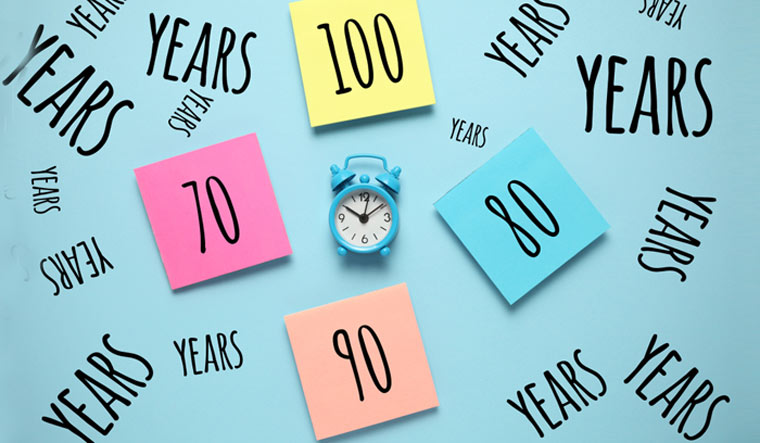Every year, millions of older Americans invest time and money into attempting to defy the aging process, whether it's through coloring graying hair, purchasing anti-balding products, or using various wrinkle fillers and whiteners. A recent study delves into the implications of these efforts on older adults' experiences with ageism, as well as their physical and mental health.
According to the study, 59% of adults aged 50 to 80 believe they look younger than their peers, with a slightly higher percentage among women and individuals with higher incomes and more years of education. Conversely, only 6% of older adults feel they look older than others their age, while the rest perceive themselves as looking about the same as their peers.
Dr. Julie Ober Allen, the first author of the study, highlighted the findings, stating, "Feelings and experiences of ageism, which are rooted in our society's emphasis on youthfulness and bias against aging, appear to indirectly have a relationship with health, both mental and physical."
When it comes to investing time and money in looking younger, approximately 35% of older Americans have pursued this goal. Women, individuals with higher incomes, and people of Hispanic origin were more likely to have taken steps to maintain a youthful appearance.
Dr. Jeffrey Kullgren, a primary care provider at the VA Ann Arbor Healthcare System and co-author of the study, emphasized the complex relationship between appearance, experiences related to aging, and health. He noted, "We know that healthier eating, more physical activity, better sleep, stress reduction techniques, preventive oral hygiene, use of sunscreen, and reducing or eliminating use of tobacco, alcohol and other substances can all impact appearance later in life, as well as physical and mental health."
The study revealed that those who feel they look younger than their age were more likely to report positive age-related experiences and better mental and physical health. On the other hand, individuals who believed they looked older were more likely to experience negative ageism and report poorer health.
Interestingly, those who had invested in strategies to look younger were also more likely to report higher positive experiences but also higher negative ageism experiences. This relationship was particularly strong for non-Hispanic Black and White respondents, but not for Hispanic respondents.
The study's findings shed light on the intertwined nature of appearance, experiences, and health as individuals age. Dr. Allen and Dr. Kullgren's team hopes that these insights will help clinicians and public health authorities guide older adults in making informed choices that not only impact their appearance but also reduce their likelihood of facing age-related discrimination and poor health outcomes later in life.


